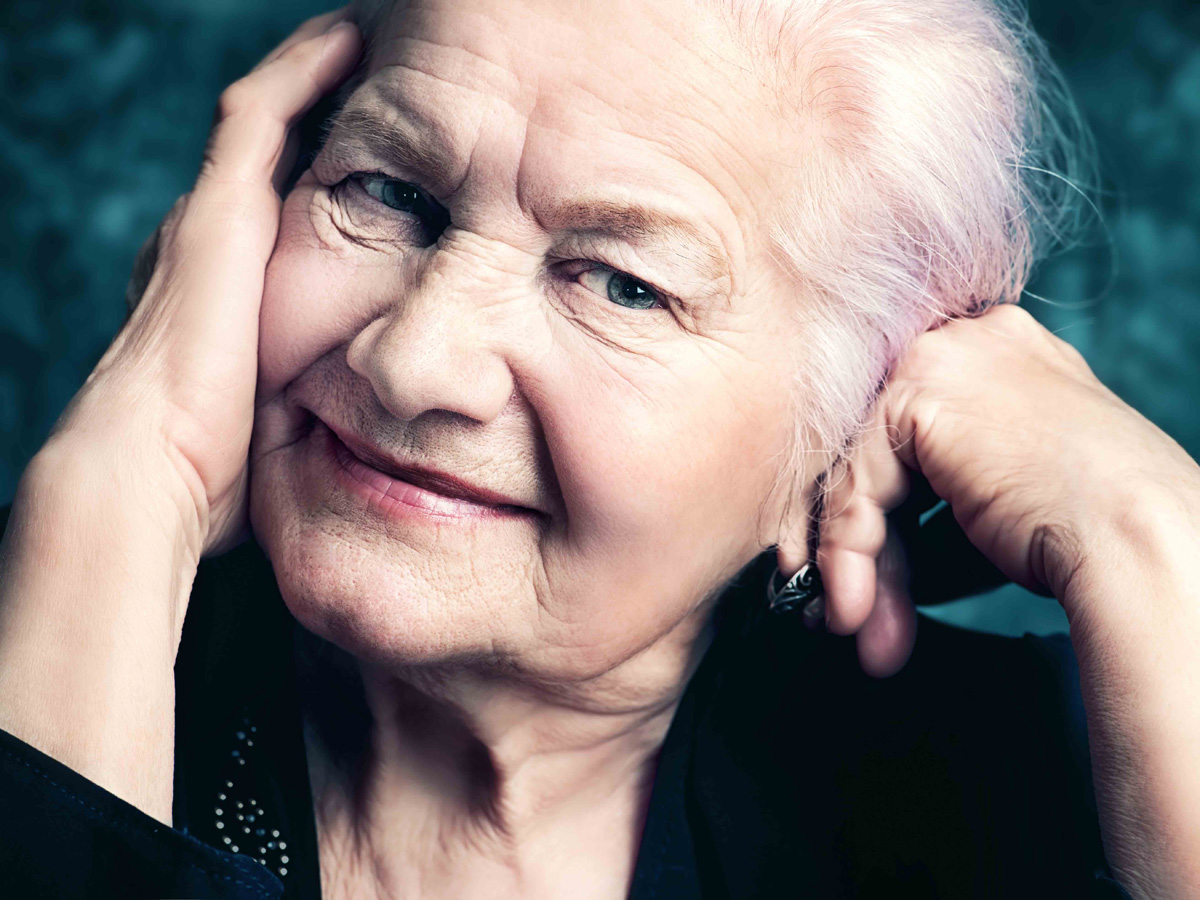Lifespan Development

The Lifespan Development area provides opportunities for graduate students to study perceptual-motor, cognitive, socioemotional, and neuropsychological development in both typically and atypically developing individuals across the lifespan, with particular focus on early development (birth through 6 years) and aging.
Faculty members lead 11 active research laboratories that use a variety of techniques to investigate development across the lifespan, including behavioural measures, eye-tracking, psychophysiology (e.g., EEG/ERP, heart rate, skin conductance), and bioassay (e.g., cortisol). Researchers in Lifespan Development have links to other core research areas within the Department of Psychology, and maintain local, national, and international research collaborations. Research in this area is funded by NSERC, SSHRC, CIHR, and other agencies.
Monthly meetings of the Early Developmental Group Exchange (EDGE) and Aging: Group Exchange (AGE) are excellent opportunities for students focusing on early development or aging, respectively, to discuss research, pursue cross-lab collaborations, and connect with external speakers from nearby institutions.
